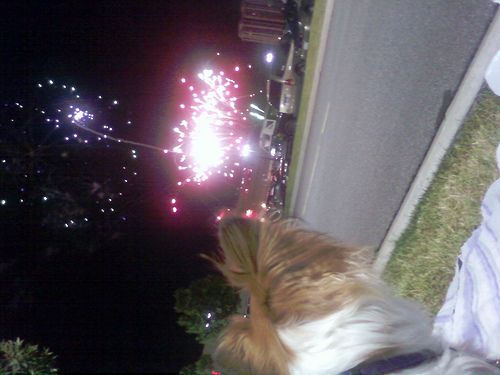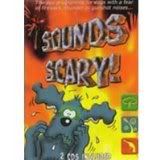Father’s Day is upon us once again and I thought I would talk a little bit about a couple of unique animal fathers that exist out there in the animal world.

In the animal kingdom the males of many species usually do not stick around to help with their offspring. The drive behind this is to spread their genes with little investment of time or energy.
The female’s role is different since she is invested in the survival of her genes. Usually it is she who carries, nurtures, guards, and teaches her youngsters so they have a better chance of long term survival so her genes get carried forward.
Nature has some adaptions that people don’t like such as synchrony of cycles in female groups such as in African lions.
If a new male takes over the pride he usually kills the offspring of the previous pride male. This causes the females to cycle again. He then mates and his genes are passed on to a new generation. He does protect those cubs–but when it comes to other activities he can be a bit lazy.
Of course there are also those aberrant fathers such as the Grizzly bear–who actually attempt to kill cubs in their territory.
This action removes their genes from the genetic pool but also is thought to keep the bear population down (narrowing competition) if he is successful in his attacks.
However, there are males that help rear young. So, I thought I’d mention a couple in honor of Father’s Day.
Rhea
Rheas are large, flightless birds native to South America known as ratites. Most people do not know that rhea chicks are raised by their fathers, who also incubate the eggs.
The National Zoo’s rhea chicks sleep nestled in their father’s feathers on his back. During their daily meandering dad guards over them and warns of danger through a rapid clacking of his bill to bring them all running back under his wings.
Red Fox
The Red Fox dad looks after his vixen who stays in the den for the first month after the birth of her litter.
He feeds her until his offspring come out of the den. Then he spends time, not only teaching them, but playing too.
In a few months the male helps train them to find food and shares survival skills to help them become more independent.
Of course there are other great animal fathers out there. Do you have a favorite? If so please comment below.
Rhea Father & Chicks Photo Copyright & Courtesy of Mehgan Murphy & The National Zoo.



